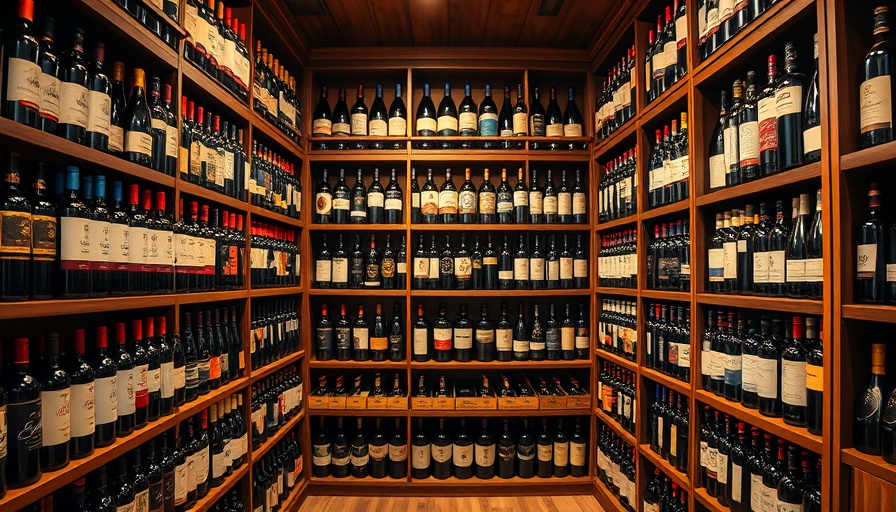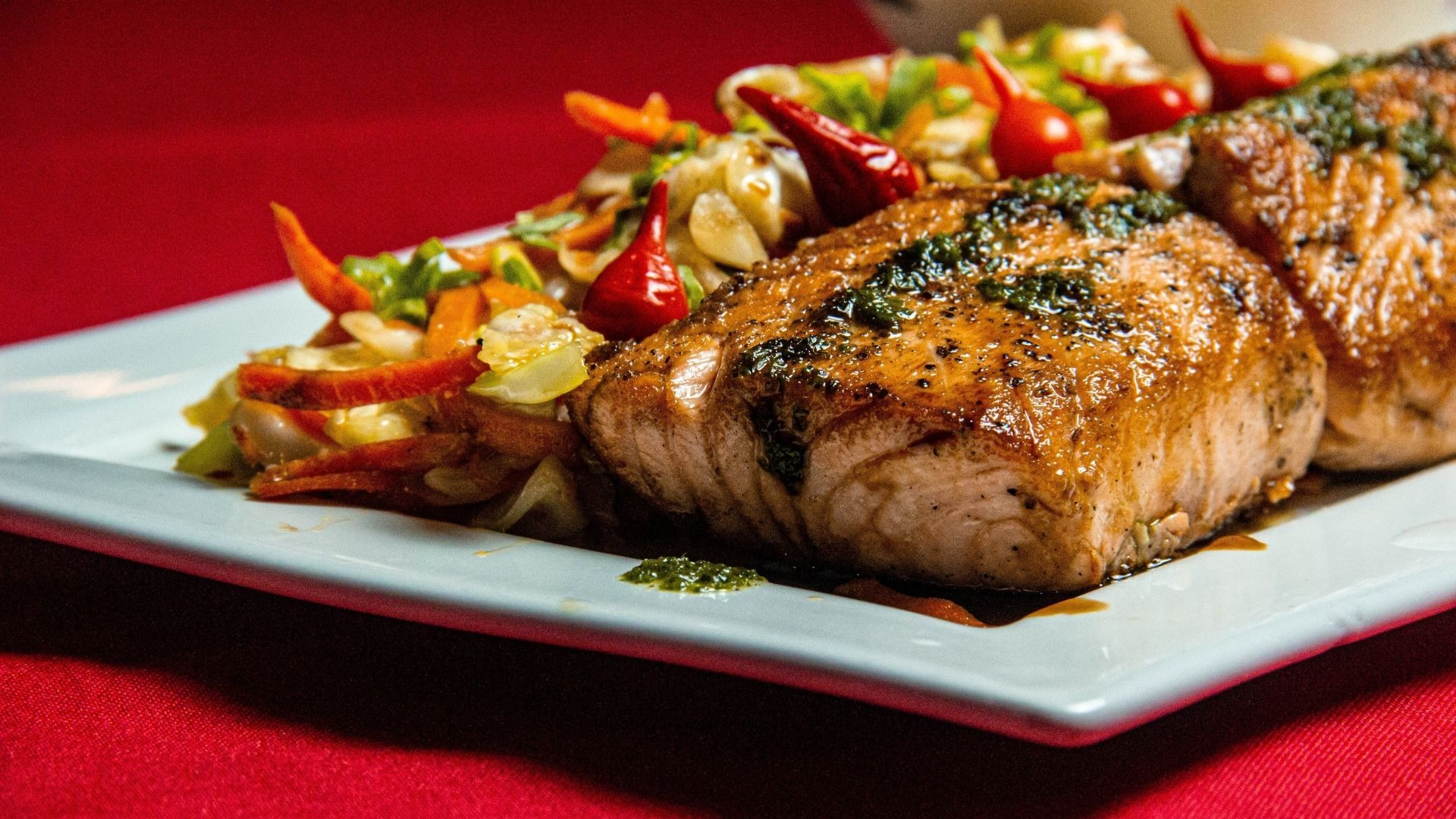
AI's Influence on Modern Viticulture
The introduction of artificial intelligence (AI) into winemaking is revolutionizing how vineyards operate, showcasing the blend of tradition and technology. Farms like Tom Gamble's in Napa Valley are pioneering this shift, utilizing AI-powered tractors for precision farming. These devices collect data about vine health, fertility levels, and required water, allowing winemakers to make informed decisions tailored to specific patches of land.
Transforming Traditional Techniques into Sustainable Practices
As climate change exerts pressure on grape production, vineyards are turning to AI for sustainable solutions. By minimizing water usage and accurately predicting crop diseases, AI promotes not only better yields but also reduces environmental impacts. This technology is further exemplified by companies like John Deere, which employs AI to ensure materials are used efficiently, targeting only areas that require treatment.
Generative AI: Beyond Farming to Marketing
AI is also transforming the branding and marketing of wines. Utilizing generative AI, vineyards create unique labels that stand out in a crowded market. Some wineries even leverage ChatGPT-like technologies to determine not just labeling designs but also pricing strategies, addressing the consumer's complex relationship with wine purchasing.
The Future is Now: Farm Tech in Action
With shifting consumer preferences and a younger demographic leaning towards diverse alcoholic choices, winemakers face a dual challenge. The deployment of smart farming technologies aids in crafting the right blends that appeal to modern tastes. AI-driven platforms like Tastry assist in identifying market-preferred flavors, bridging the gap between winemaker artistry and consumer demands.
Economics and Job Preservation in the Wine Industry
Contrary to popular fear, AI is not set to displace vineyard jobs. Instead, it’s enhancing skill sets among existing workers. Vineyard operators may find themselves overseeing a fleet of autonomous tractors, increasingly valued for their expertise. This transition indicates an evolution of roles within the vineyards rather than a reduction of the workforce.
Global Perspective: Lessons from Worldwide Innovations
International examples highlight how AI is not confined to America. In regions such as South Australia, farms like Koonara Winery employ sophisticated data analytics to monitor soil health and optimize their practices without harmful pesticides. This global trend indicates a collective recognition of the necessity to adapt to both market changes and environmental challenges.
Insights and Recommendations for Local Growers
For local vineyards in Northwest Arkansas, embracing AI may seem daunting but is imperative for future competitiveness. By incorporating smart farming techniques, local wineries can not only meet consumer demands but can also contribute to a more sustainable agricultural framework. Finding partnerships with tech companies and investing in training for staff are crucial steps in this transformation.
Concluding Thought: The Path Forward
The journey of integrating AI into vineyards is just beginning. As local growers explore the possibilities of technology, the focus should remain on enhancing the quality of the wine and preserving the intricate craft of winemaking. In this era of innovation, embracing change with an informed mindset will define the future of the industry.
 Add Row
Add Row  Add Element
Add Element 


 Add Row
Add Row  Add
Add 


Write A Comment